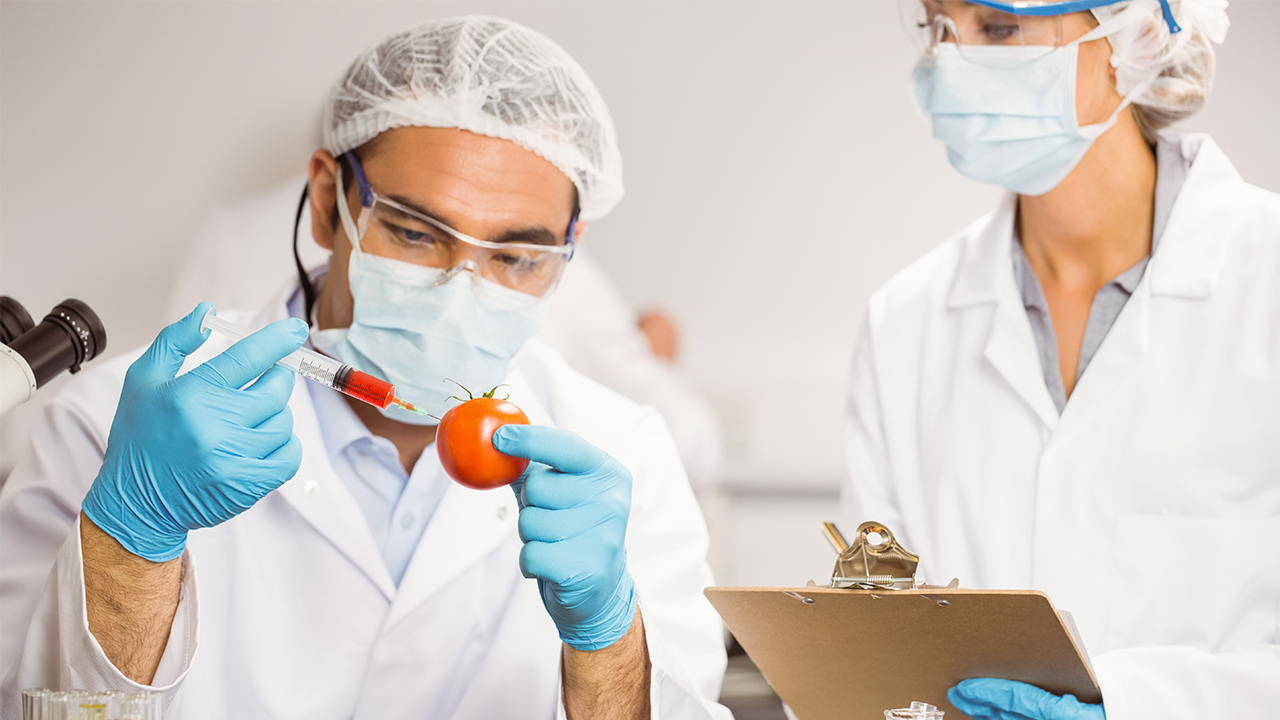How Food Testing Laboratory Ensure Safety and Quality
Food safety is a global concern, and with the rise of processed, packaged, and imported foods, ensuring consumer health has never been more critical. A food testing laboratory plays a key role in safeguarding the food supply chain by conducting advanced quality and safety checks. These labs use scientific techniques, accredited methodologies, and regulatory guidelines to ensure that food products meet the highest safety standards before reaching consumers.
1. Microbiological Testing
One of the most important aspects of food safety is ensuring the absence of harmful microorganisms. Food testing labs perform microbial contamination testing to detect bacteria, yeast, molds, and pathogens such as E. coli, Salmonella, Listeria, and Staphylococcus aureus. This ensures products are safe for consumption and prevent outbreaks of foodborne diseases.
2. Chemical and Contaminant Analysis
Food can sometimes contain unsafe chemical residues. Laboratories test for:
- Pesticide residues in fruits, vegetables, and grains
- Heavy metals (lead, arsenic, cadmium, mercury) in packaged foods and water
- Mycotoxins and aflatoxins in cereals, nuts, and dairy products
- Preservatives and additives compliance testing
This ensures that foods comply with FSSAI, ISO, and Codex Alimentarius standards.
3. Nutritional Analysis
Consumers and regulators require accurate labeling. Food testing labs conduct nutritional profiling to verify:
- Carbohydrates, proteins, fats, fiber
- Vitamins & minerals
- Calories and energy values
This helps manufacturers provide correct nutritional facts labels, which builds trust with customers.
4. Allergen and Adulteration Testing
Food adulteration is a major concern. Labs test for intentional or accidental adulterants, such as:
- Melamine in milk
- Starch in spices
- Non-permitted colors in confectionery
They also screen for allergenic substances like gluten, peanuts, and soy, ensuring proper allergen labeling and consumer safety.
5. Shelf-Life and Stability Testing
Food testing laboratories also perform shelf-life testing under various storage conditions. This determines how long a product remains safe and retains its nutritional value, taste, and texture. Manufacturers then label products with accurate “best before” and “expiry” dates.
6. Accreditation and Regulatory Compliance
A reliable food testing lab ensures:
- NABL accredited food testing for accuracy and credibility
- ISO/IEC 17025 certified facilities for global acceptance
- Compliance with FSSAI, WHO, BIS, and international standards
- This gives assurance that test results are valid, authentic, and recognized nationally and internationally.
Conclusion
Food testing laboratories ensure safety and quality by combining advanced microbiological, chemical, nutritional, and adulteration testing with strict regulatory compliance. By working with an accredited food testing lab, food manufacturers, exporters, and retailers can guarantee that their products are safe, high in quality, and legally compliant — ultimately protecting public health and building consumer confidence.
Frequently Asked Questions (FAQs)
1. Why is food testing important for safety and quality?
Food testing is crucial because it helps detect harmful microorganisms, chemical residues, heavy metals, adulterants, and allergens in food. It ensures compliance with FSSAI and international standards, protecting consumer health and building trust in food brands.
2. What types of tests are performed in a food testing laboratory?
Food testing laboratories conduct a wide range of analyses, including microbiological testing, chemical residue analysis, heavy metal testing, nutritional labeling, adulteration checks, shelf-life studies, and allergen testing. These ensure the product is safe and meets regulatory requirements.
3. How do accredited food testing labs ensure reliable results?
Accredited labs follow strict quality systems like NABL and ISO/IEC 17025 certification, use advanced instruments (HPLC, GC-MS, ICP-MS), and maintain international testing protocols. This ensures results are accurate, credible, and globally recognized.
4. Who needs food testing services?
Food testing is essential for manufacturers, exporters, importers, retailers, restaurants, catering services, government agencies, and research institutions. Regular testing ensures legal compliance, safe supply chains, and consumer satisfaction.
5. Can food testing help in product approval and export certification?
Yes. Accredited food testing labs provide certificates of analysis that are required for FSSAI approval, export clearances, Agmark certifications, and international trade compliance. This helps companies access both domestic and global markets.

